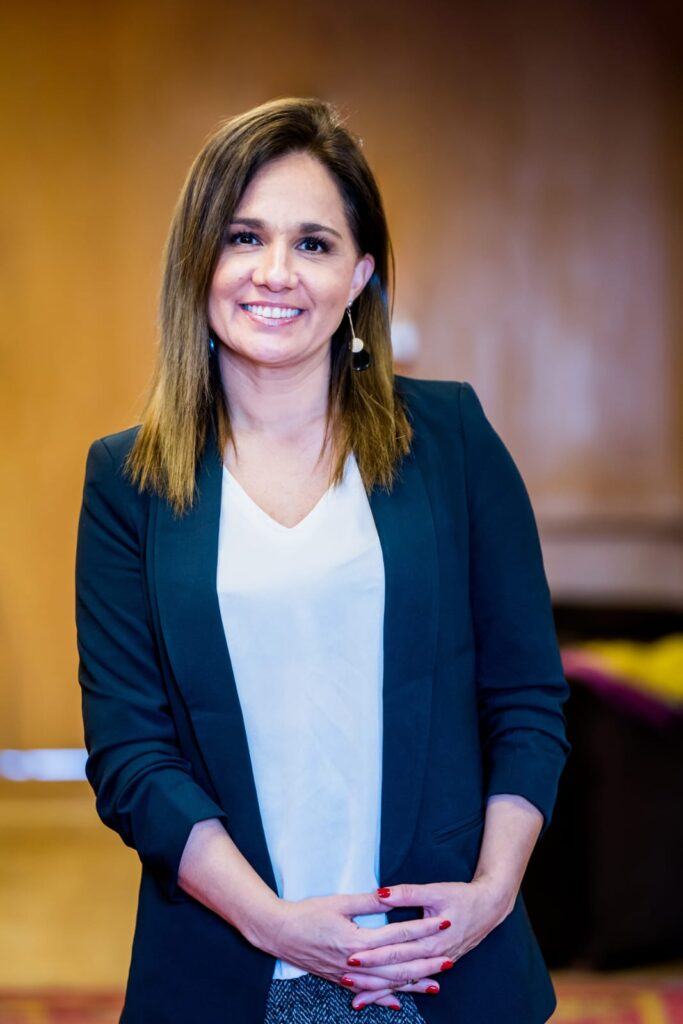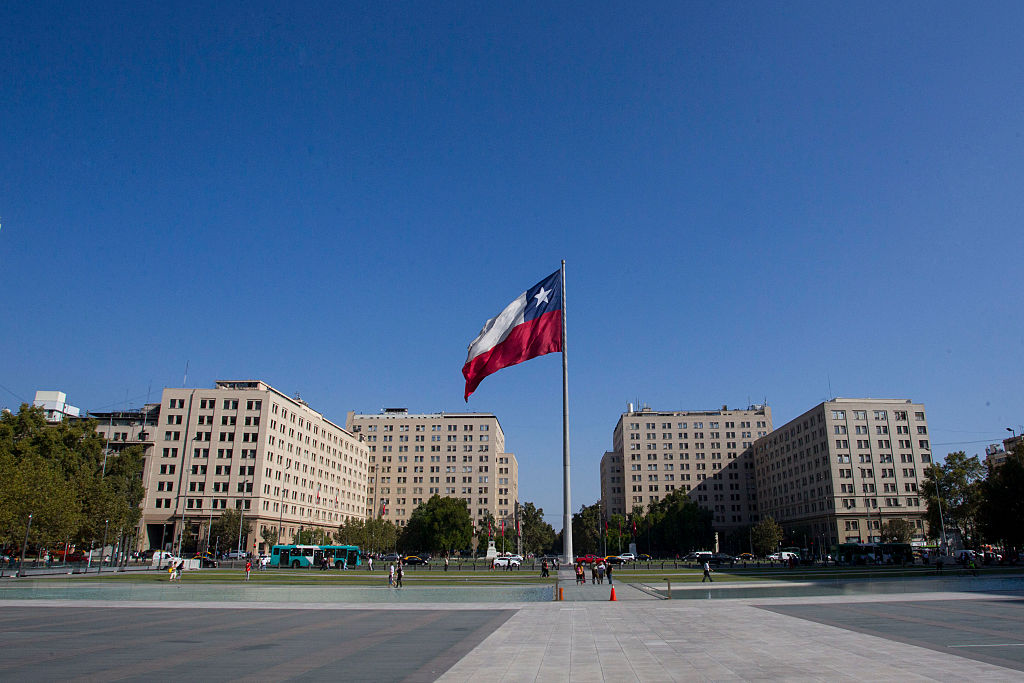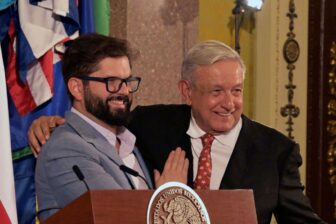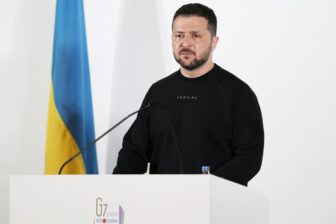The government of President Gabriel Boric recently announced its commitment to a “feminist foreign policy,” which it described as the first of its kind in South America, joining countries like Spain, Canada, Germany, Sweden and Mexico.
What does such a policy really mean? What are the challenges to implementation in a foreign policy world where women are underrepresented and often treated unfairly? What lessons are there for other countries in the region, including Brazil, where a group of diplomats recently expressed interest in a similarly feminist policy in an article for AQ?
AQ’s editor-in-chief Brian Winter discussed these questions and more in a July 11 interview with Gloria de la Fuente, an undersecretary at Chile’s foreign ministry who participated in the formulation of the policy. This interview has been edited for content and clarity.
Brian Winter: A feminist foreign policy sounds excellent, but what is it in practice?
Gloria de la Fuente: Well, the first thing I’d say is that it doesn’t mean inventing anything completely new, because it’s related to things Chile has already been doing in foreign policy for a while. In terms of agreements and international treaties, and for many years in our free trade agreements, we have incorporated language about gender.
But there are several priorities. Today we’re part of the United Nations Human Rights Council, and it’s important that we follow that space and other multilateral organizations, always pushing for the eradication of gender violence. We know that wherever there’s a climate crisis, there are generally more women affected by situations like forced migration. We have been working with Chile’s National Women’s Service to make sure that our citizens who suffer violence abroad can go to any of our 113 consulates in the world, and we can be prepared to support them in complex situations. There are also elements in the digital agenda, science, technology and innovation.
Winter: Why is it important to see these topics through a feminist lens?
De la Fuente: I don’t think we can conceive of democracy in the 21st century without thinking of gender equality. I think that’s a fundamental principle. It’s the same with human rights: We must consider the rights of men and women. I think these are basic imperatives for the construction of a modern society. So, I think we have to believe that a feminist foreign policy is not just a passing trend. It aligns with our broader objectives.
Winter: The world of foreign ministries and foreign policy in general has traditionally been dominated by men. In Brazil, for example, women are 23% of diplomats but only 13% of leadership positions abroad. How’s Chile doing in this area, and what are the challenges?
De la Fuente: Well, while we understand that, of course, a feminist foreign policy that embraces gender equality is more than numbers, we also understand the numbers are important. We’ve had an increase in numbers, but we’re still far from reaching parity. About 30% of Chile’s ambassadors today are women, compared to 12% four years ago.

Winter: I’ve often wondered why foreign policy seems so male-dominated in many countries, even compared to other areas of government.
De la Fuente: I think this is related to more than just foreign policy; It has to do with power dynamics in general where women have historically faced obstacles. And if there is an important or maximum expression of power it’s foreign affairs, because it’s about not just internal relations, but the relations between states. There are cultural patterns as well. A diplomatic career requires sacrifices, in personal terms as well, and there’s inequality in the distribution of roles for women, caring for children and the elderly for example. This government’s policy regarding care facilities is something we’ve incorporated into our feminist foreign policy.
Winter: I know this announcement of a feminist foreign policy was the final result after months of work. What lessons does your experience carry for other governments trying to do similar things? What would you say to other diplomats in Latin America with similar plans?
De la Fuente: I think the most important thing is, there are a lot of countries that have advanced in this area and then had setbacks. The government changes and so does the emphasis on a policy like this. We’ve seen it in other latitudes. Sweden, for example; they were pioneers, and while they say they haven’t abandoned a feminist policy, the emphasis may be less than in the past. So we have to make sure there’s a consensus in society, that we establish accountability mechanisms in our democracies to make sure there’s progress, that we stay committed so that this important work can continue.







